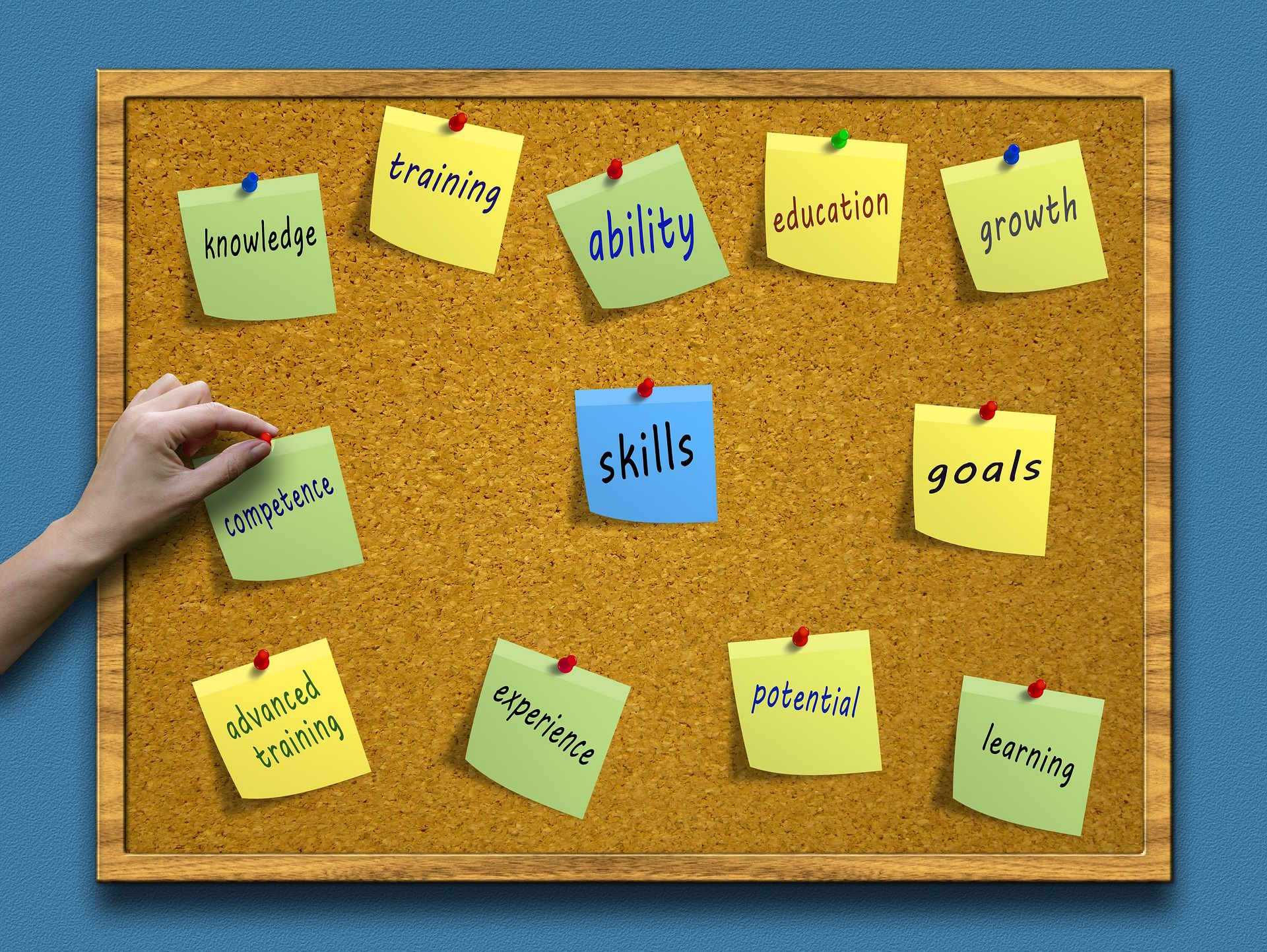Skills Currency: Understanding Value in the Modern Job Market
In today's rapidly evolving workplace, skills have become the new currency that determines career success and professional advancement. The traditional model of securing employment based solely on formal education and years of experience is shifting toward a competency-based approach where specific abilities and expertise hold greater value. Understanding how to develop, showcase, and leverage your skills effectively has become essential for navigating the modern employment landscape and achieving sustainable career growth.

How the Workforce Values Skills Over Traditional Credentials
The modern employment landscape has witnessed a fundamental shift in how employers evaluate potential candidates. While degrees and certifications remain important, companies increasingly prioritize demonstrable skills and practical competency over formal qualifications alone. This transformation reflects the rapid pace of technological advancement and the need for professionals who can adapt quickly to changing industry demands.
Employers now seek individuals who can contribute immediately to their organizations, regardless of their educational background. This skills-first approach has opened doors for career changers, self-taught professionals, and those who have developed expertise through non-traditional learning paths.
Professional Development Through Continuous Learning
Continuous learning has become a cornerstone of career advancement in the modern workplace. Professionals who invest in ongoing development maintain their relevance and competitive edge in an ever-changing job market. This commitment to growth involves staying current with industry trends, mastering new technologies, and developing both technical and soft skills.
Successful career development requires a strategic approach to learning that aligns with industry needs and personal career goals. Professionals must identify skill gaps, seek relevant training opportunities, and apply new knowledge in practical settings to demonstrate their value to current and potential employers.
Training and Certification Programs for Career Growth
The rise of online learning platforms and specialized training programs has democratized access to professional development opportunities. These programs offer flexible learning options that allow working professionals to acquire new competencies without disrupting their current employment.
Certification programs provide structured learning paths and industry-recognized credentials that validate specific skills. Many professionals pursue multiple certifications throughout their careers to stay competitive and demonstrate their commitment to continuous improvement.
Industry-Specific Competency Requirements
Different industries place varying emphasis on specific skills and competencies. Technology sectors prioritize technical expertise and innovation capabilities, while service industries focus on customer relations and communication skills. Understanding these industry-specific requirements helps professionals target their development efforts effectively.
The healthcare industry demands both technical competency and interpersonal skills, while financial services require analytical abilities and regulatory knowledge. Professionals must research their target industries thoroughly to understand which skills are most valued and in demand.
Workplace Mobility and Career Transition Strategies
Career mobility in the modern workplace often involves lateral moves, industry transitions, and role expansions that leverage transferable skills. Successful career transitions require identifying skills that translate across industries and roles while developing new competencies specific to target positions.
Professionals who master the art of career transition understand how to reframe their experience and highlight relevant skills for new opportunities. This adaptability has become increasingly valuable as traditional career paths become less linear and more dynamic.
Talent Development and Advancement Opportunities
Organizations recognize that investing in talent development benefits both employees and the company’s long-term success. Many employers offer internal training programs, mentorship opportunities, and educational support to help their workforce develop new skills and advance within the organization.
Professionals should actively seek out these development opportunities and communicate their career aspirations to supervisors and HR departments. Taking initiative in skill development demonstrates ambition and commitment, often leading to increased responsibilities and advancement opportunities.
Measuring Expertise Value in Today’s Market
The value of specific expertise fluctuates based on market demand, technological changes, and industry evolution. Professionals must regularly assess the market value of their skills and adjust their development strategies accordingly. High-demand skills typically command higher compensation and offer more career opportunities.
Staying informed about industry trends, salary surveys, and job market analyses helps professionals make informed decisions about which skills to develop and how to position themselves competitively. This market awareness enables strategic career planning and ensures continued professional relevance.
The modern job market rewards those who view skills as currency and invest wisely in their professional development. Success requires a combination of strategic thinking, continuous learning, and adaptability to changing market conditions. By understanding the value of different competencies and actively developing relevant expertise, professionals can navigate career transitions, secure advancement opportunities, and build sustainable, fulfilling careers in an increasingly competitive landscape.




